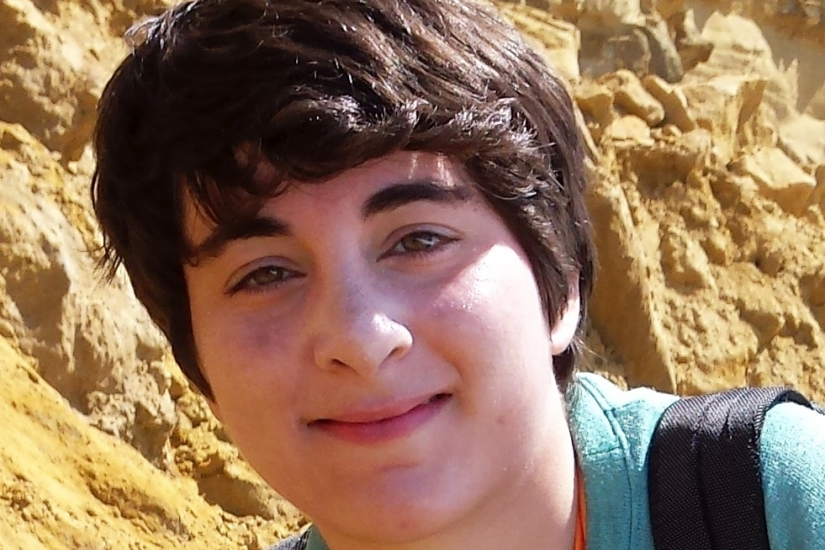
ABSTRACT | The analysis of georeferenced social media data, such as geotagged tweets and Instagram posts has become increasingly popular in recent years (e.g. Leszczynski & Crampton, 2016). For example, such data can be used to study the relationship between places or locations and social, cultural activities. This use is of particular interest to human geography, a discipline that focuses on the relationship between space or place and culture, politics and lived experience. This talk provides an overview of my PhD research that investigates how georeferenced social media data is used in human geography research. In particular, my research explores the relationship between quantitative (formal) and qualitative (interpretivist) approaches to the analysis of georeferenced social media data.
Since the 1960s and 70s human geographers have often perceived quantitative (formal) and qualitative (interpretivist) traditions of thought as oppositional. In 2013, the Economic and Social Research Council called for narrowing the gap between the quantitative and qualitative traditions of thought in British human geography. Georeferenced social media data capture, or emerge as a result of situated activities. At the same time, they can be analyzed though quantitative and computational techniques. Do, or could quantitative and qualitative human geographers collaboratively analyze georeferenced social media data? In this talk, I outline how science studies and a mixed-methods approach informed by field research and scholarly and citation network analysis can help investigate this question.
BIO | Judit Varga is a PhD student in Science Studies at the University of Nottingham. She holds a BA degree in Psychology from Eotvos Lorand University and an MSc degree in Psychology and Cognitive Science from Trinity College, Dublin. Prior to her PhD studies, Judit worked as a research assistant at Trinity College Dublin and the University of Southampton. Judit has conducted research on various topics, including psychopathology, social and embodied cognition, organizational change, human factors of aviation, science studies and human geography. Judit is highly interested in multidisciplinary approaches in the social and behavioral sciences.